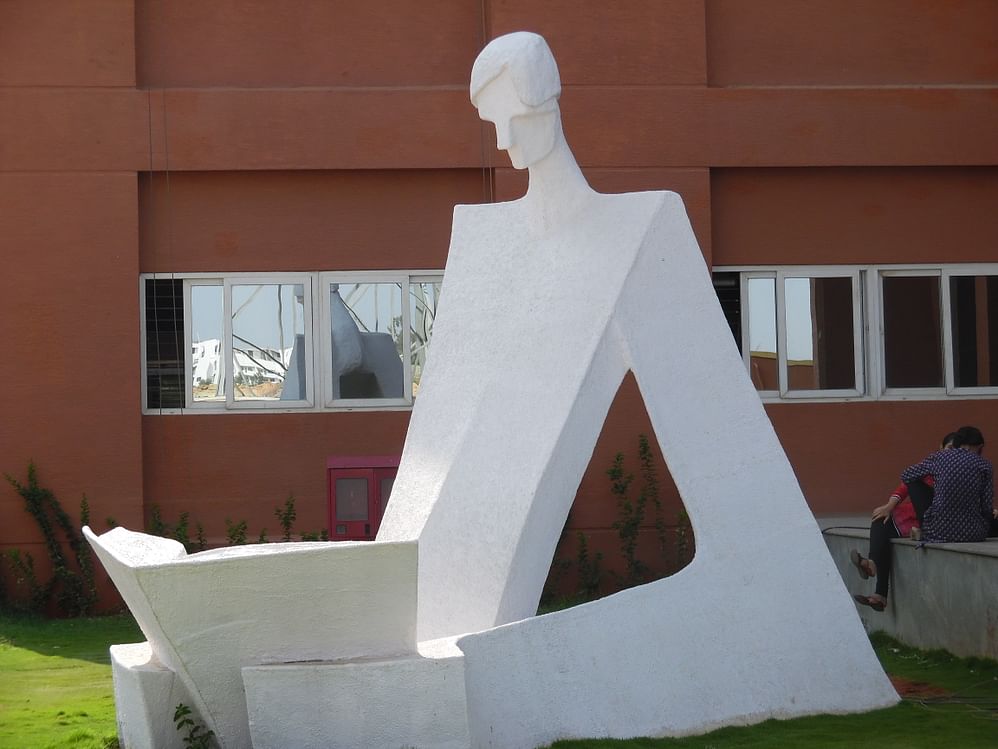Pandemic or not, education must go on: Karnataka High Court directs State to provide text books, technical devices to children in rural areas
Pandemic or not, education must go on: Karnataka High Court directs State to provide text books, technical devices to children in rural areason Jun 01, 2021

Education of children should not be hampered by COVID-19 pandemic, the Karnataka High Court observed on Monday, directing the State government to come out with an action plan for providing textbooks, notebooks and other technical devices to children in rural areas.
In this regard, a Division Bench of Justices BV Nagarathna and E Hanchate Sanjeevkumar made pertinent observations on the need to make education system more inclusive.
“Pandemic or no pandemic, the education of children must go on. The State must rise to the occasion,” the Court remarked.
The Court, therefore, ordered the State to chalk out an action plan to provide textbooks, notebooks and technical devices to students.
“In order to make the (educational) system more inclusive, it is necessary for the State government to come out with an action plan to provide Textbooks, notebooks, and technical devices. This is particularly required for those students covered under the RTE Act and compulsory education under Article 21A of the Constitution,” the Court stated in its order.
The Court also emphasised that mere commencement (of classes) through virtual mode will not be effective without text and note books.
“We also wish to emphasize that mere commencement (of classes) through virtual mode will not be effective if there is an absence of textbooks and notebooks, the Court said.
The Bench was hearing a public interest litigation (PIL) petition seeking directions to the government to provide laptops, tablets, and other digital resources free of cost to enable school children belonging to economically weaker sections to attend online classes.
When the case was taken up for hearing, the Court asked the State what its plan was to make available technology to rural areas in the light of the closure of schools.
“What is your plan of action to make available technology to rural areas in the light of the closure of schools,” the Court asked.
The Court opined that Schools cannot be opened anytime soon as there is a high chance that students will be infected with COVID-19 since there is no vaccination program in place for them.
The Court also pulled up the State government on the issue of providing textbooks to children in rural areas
“Even earlier, before the pandemic, there would be a delay of two months to distribute textbooks. In fact, if you give the books, there are studious students who will read on their own. Such students have always reached top positions,” the Court said.
The Court further pointed out in its order that if children are deprived of education and training, they maybe unable to devise ways and means of spending free time amid the lockdown imposed by the State government.
The Court also said that there is a high possibility of children being forced into child marriage or child labor, in the absence of virtual classes or online education.
In fact, many families in the rural areas of the State do not have the luxury to afford novels or story books, the Court observed.
“How many of them can afford to buy a story or picture book? Most the children will be sent to farms. If they are girls, they will get married,” it asked.
It therefore, noted the following in its order:
Precious time cannot be lost and urgent steps have to be taken ensuring that children are within the umbrella of the Educational system. Otherwise, there will be dangers of such children being pushed towards child labor, child trafficking, or child marriage.”
The Court also reminded the State government that academic years of 2020 as well as 2021, have been adversely affected, thereby troubling the school-going students.
In this regard, the Court was apprised of a government order, which planned to start classes for grades 1 to 7 from June 15 and for grades 8 to 9 from July 15.
In view of the same, the Court also directed the State government to come out with a road map for the upcoming academic year (in part or in full), in the event conducting physical classes is not possible.
The State government was directed to file a status report on these issues by next week.
The matter will be next heard on June 8.
Source: barandbench
Covid-19 pandemic
Frontlist
Frontlist Latest news
Frontlist Latest Update
Frontlist News
Karnataka High Court
Pandemic or not education must go on



.jpg)






.jpg)
.png)
.jpg)


.jpg)
.jpg)
.jpg)










Sorry! No comment found for this post.